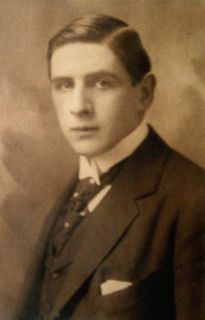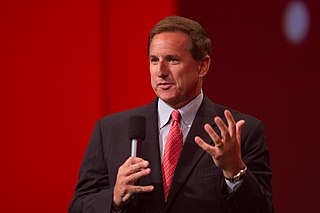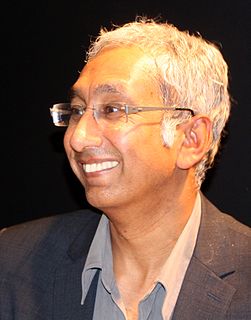A Quote by Huston Smith
The first koan do not have rational answers. They are techniques devised over the millennia for triggering an actual experience.
Quote Topics
Related Quotes
The word translated, koan, it means a problem. But it's a very special problem. And to strip it down to the way it works, you are given a problem which has no rational solution. There is a contradiction built into it. One standard - one is this is the sound of two hands clapping. What is the sound of one hand clapping? And so on. All right, so the first thing is that it brings your rational mind to an impasse.
The pendulum of cookery techniques became more significant than the actual experience. And when that happens, the customer's satisfaction becomes secondary to the chef's satisfaction. And in that case, you have an upside-down equation. Because the customer is the basis of our restaurant, first of all, and if the chef becomes the most important person at the table - even more so than the guests - then suddenly you're left with something that doesn't really work.
Moral questions may not have objective answers-whether revealed by God or by science-but they do have rational ones, answers rooted in a rationality that emerges out of social need. That rationality can only be discovered through exercising the human potential for rational dialogue, the potential for thinking about the world, and for discussing, debating and persuading others. Values can never be entirely wrenched apart from facts; but neither can they be collapsed into facts. It is the existence of humans as moral agents that allows us to act as the bridge between facts and values.




































